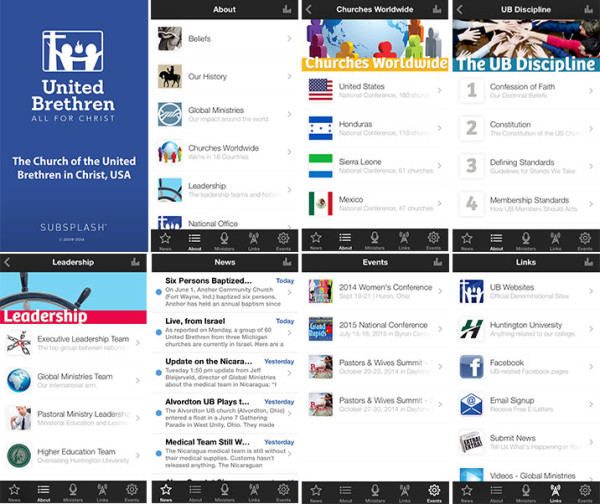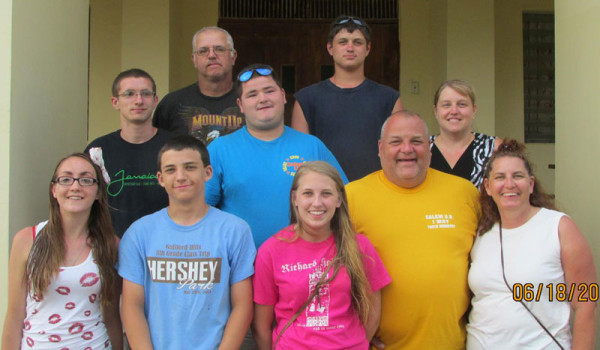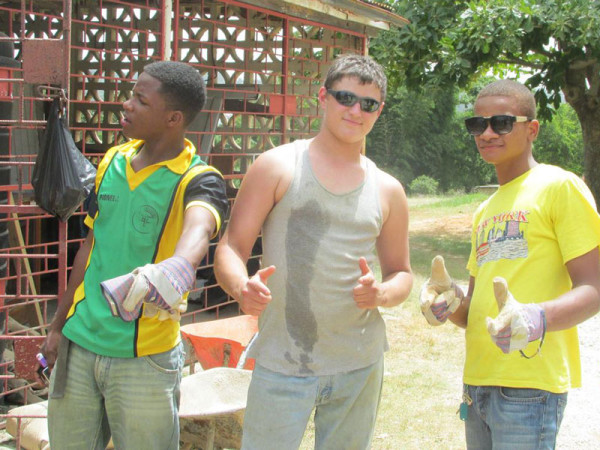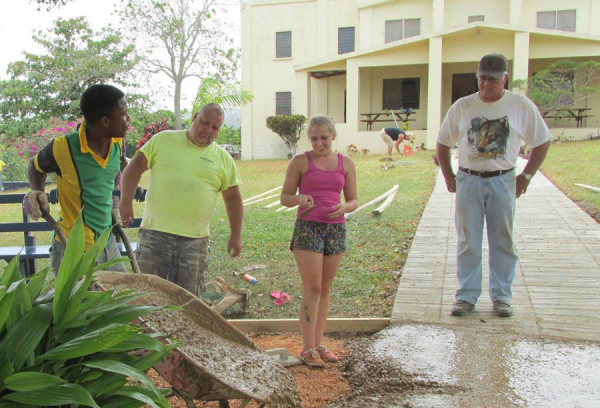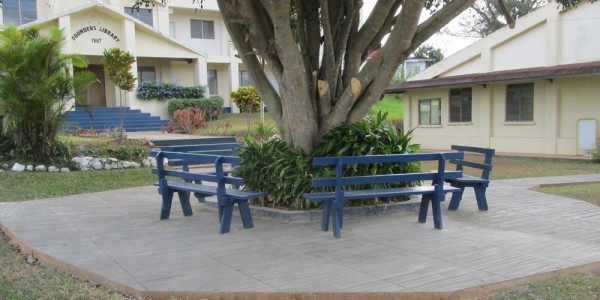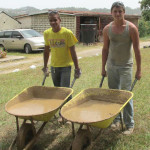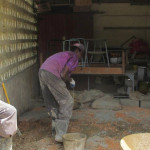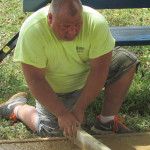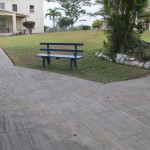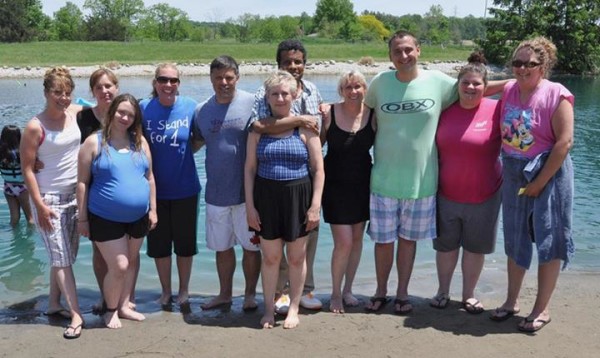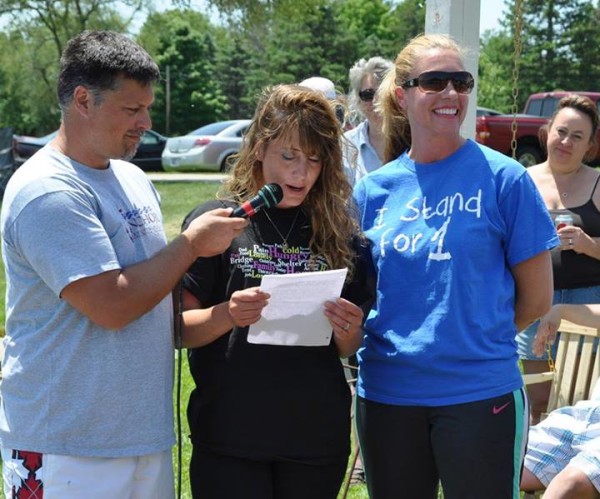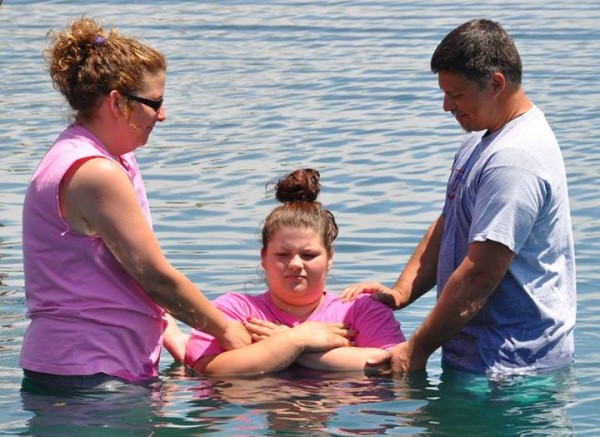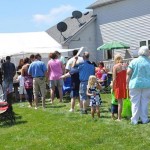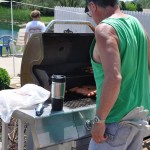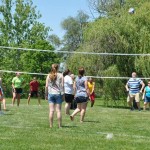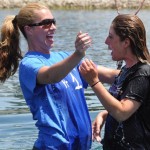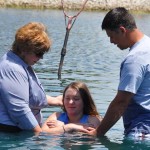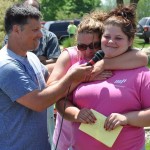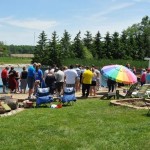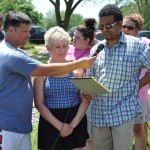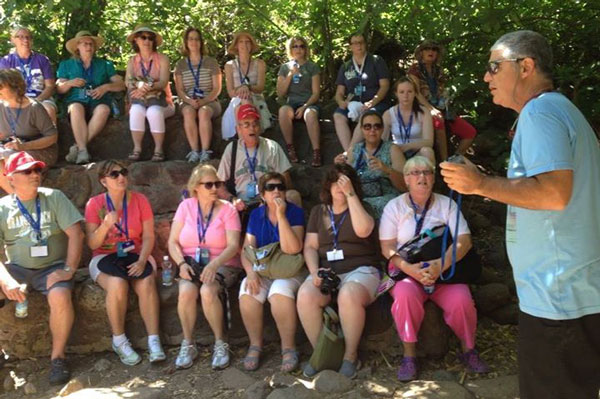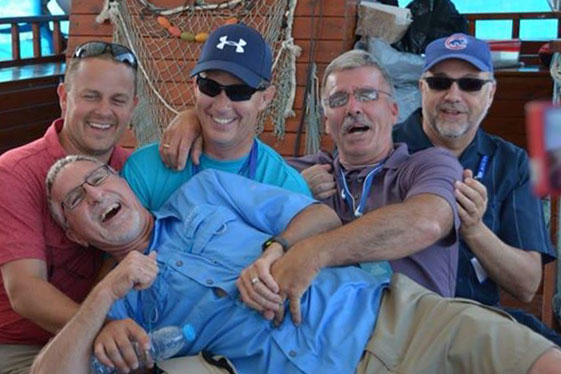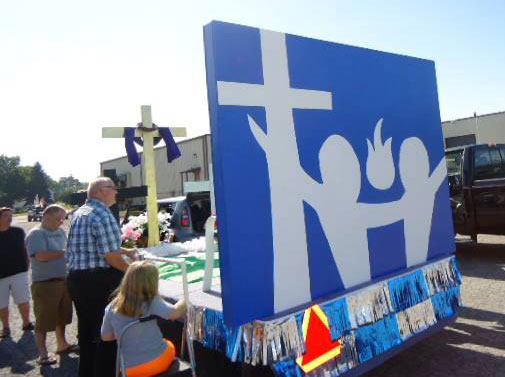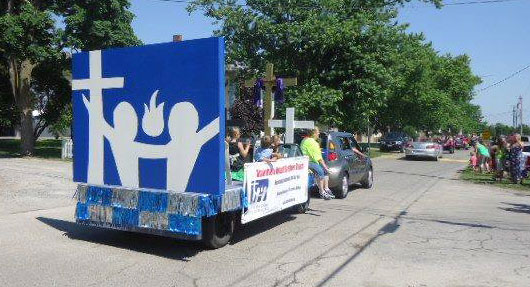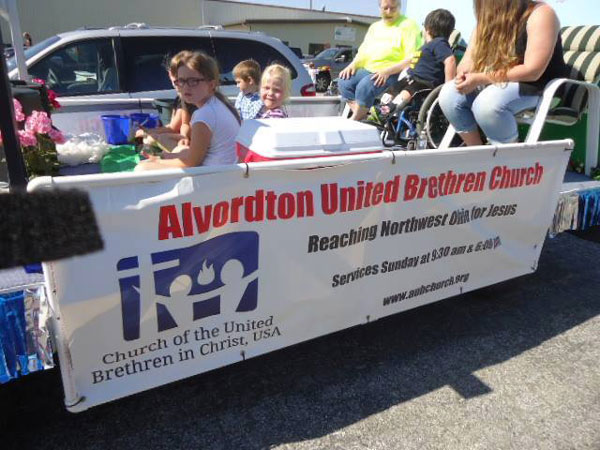June 25, 2014
|
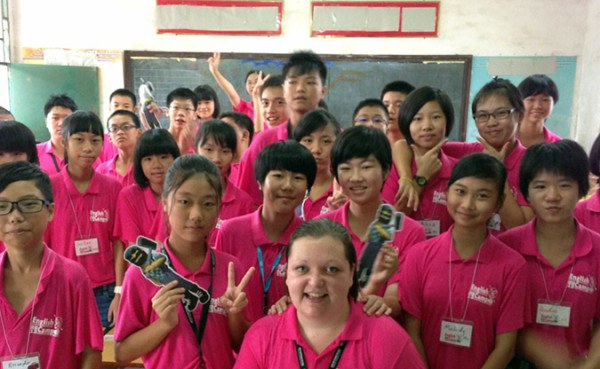
Huntington University is continuing to build its relationship with Chinese teachers this summer with English camps and a TESOL (Teaching English to Students of Other Languages) certification course.
Over the summer months, more than 15 HU students will help lead summer camps and teacher training in China. Also, 10-15 Chinese university professors and students will be the Huntington University campus from July 14 to August 1 to participate in a TESOL certification course.
 “We have been working with the Education Bureau at the Doumen District of Zhuhai city for the past seven years,” said Shoshannah McKinney (right), associate director of the Institute for TESOL Studies. “We have been there every summer to do teaching training and provide English camps for students from middle school to high school.”
“We have been working with the Education Bureau at the Doumen District of Zhuhai city for the past seven years,” said Shoshannah McKinney (right), associate director of the Institute for TESOL Studies. “We have been there every summer to do teaching training and provide English camps for students from middle school to high school.”
These partnerships formed over the years opened the door for students and faculty to expand their training to other cities in China. In the past, they have worked in several districts within Zhuhai, but will expand to new areas of the city as well as neighboring Zhongshan.
“This summer, we are going to be at Zhuhai No.1 middle school to do an English summer camp, and we will be going to Zhongshan city to do another English teacher training,” McKinney said.
 Dr. Luke Fetters (right), director of the Institute for TESOL Studies, will supervise the teams. In addition, each site will have its own site leader. The teams will be in China from early July through mid-August.
Dr. Luke Fetters (right), director of the Institute for TESOL Studies, will supervise the teams. In addition, each site will have its own site leader. The teams will be in China from early July through mid-August.
The English camp with Zhuhai No.1 middle school will last about two weeks. The teacher training in Zhongshan city will last three weeks.
While in China, students will live with a Chinese host family. The school and the Education Bureau in China will cover most of the transportation fee, reducing the need for HU students to raise funding.
Meanwhile, back in Huntington, Chinese university professors and students will take the TESOL training course while experiencing American culture.
“I am personally excited to finally welcome Chinese teachers and students to Huntington, since we have been welcomed so many times to China,” McKinney said.
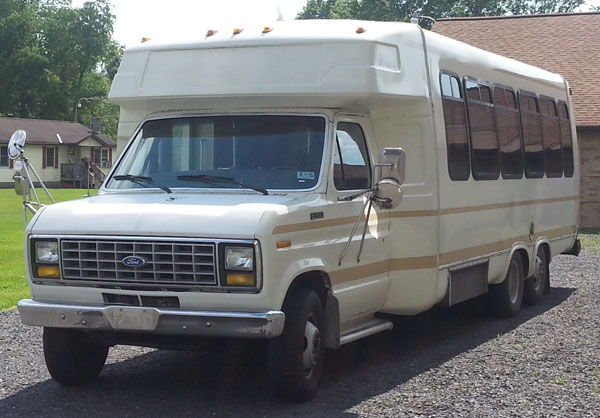

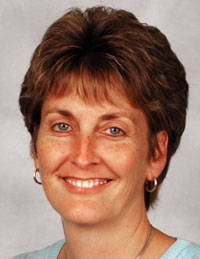 A United Brethren preacher’s kid, Lori Culler (right), was named Athletic Director of the Year in the Crossroads League, in which Huntington University plays. Lori is the daughter of Garry and Lois Culler, who currently serve at the Mount Pleasant UB church in Chambersburg, Pa. (as does her brother, Bobby).
A United Brethren preacher’s kid, Lori Culler (right), was named Athletic Director of the Year in the Crossroads League, in which Huntington University plays. Lori is the daughter of Garry and Lois Culler, who currently serve at the Mount Pleasant UB church in Chambersburg, Pa. (as does her brother, Bobby).
 “We have been working with the Education Bureau at the Doumen District of Zhuhai city for the past seven years,” said Shoshannah McKinney (right), associate director of the Institute for TESOL Studies. “We have been there every summer to do teaching training and provide English camps for students from middle school to high school.”
“We have been working with the Education Bureau at the Doumen District of Zhuhai city for the past seven years,” said Shoshannah McKinney (right), associate director of the Institute for TESOL Studies. “We have been there every summer to do teaching training and provide English camps for students from middle school to high school.” Dr. Luke Fetters (right), director of the Institute for TESOL Studies, will supervise the teams. In addition, each site will have its own site leader. The teams will be in China from early July through mid-August.
Dr. Luke Fetters (right), director of the Institute for TESOL Studies, will supervise the teams. In addition, each site will have its own site leader. The teams will be in China from early July through mid-August. Marshall Woods (right), senior pastor of Mill Chapel (Reedsville, W. Va.), writes, “A team in our church is starting a food pantry in the near future. The goal is to be open twice a week. We also recently bought a passenger bus to bring people without transportation to our church. We plan to initiate it for Bible school. God has been very good to Mill Chapel church.”
Marshall Woods (right), senior pastor of Mill Chapel (Reedsville, W. Va.), writes, “A team in our church is starting a food pantry in the near future. The goal is to be open twice a week. We also recently bought a passenger bus to bring people without transportation to our church. We plan to initiate it for Bible school. God has been very good to Mill Chapel church.”